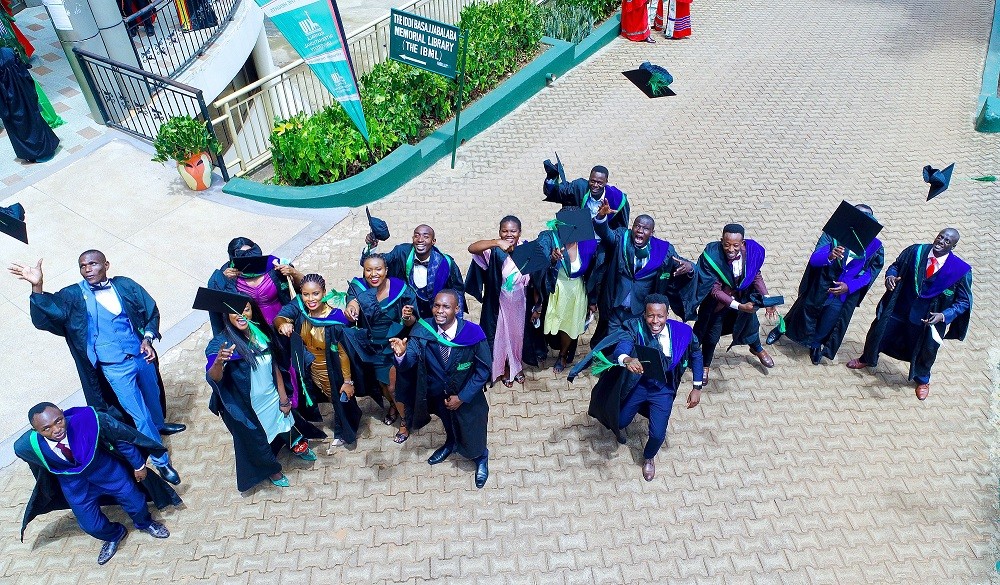
May
CHANGE IN KIU 29TH GRADUATION DATE TO JULY 13TH, 2024
May 2, 2024, 3:21 pm
PROGRAMME DESCRIPTION
The MSP programme is based on coursework and research. It is possible to move from full-time to part-time study and vice-versa to accommodate any external factors such as financial constraints or domestic commitments.
The teaching year is divided into two semesters of roughly equal length. All MSP candidates will be expected to present a minimum of 2 seminars each: the first one, on a general topic (PHY 7301) while the second is the output from their research dissertation (towards the end of the programme).
TARGET GROUP
The programme is aimed to encourage holders of a minimum of a second-class undergraduate honours degree in relevant subject areas such as Anatomy, Veterinary medicine, Pharmacology, Sports Science, Applied Biology, Dentistry, Pharmacy, Biochemistry, Nursing sciences, Physiotherapy and Zoology, from any recognized Ugandan higher institution.
For overseas students, there is a requirement to demonstrate evidence of proficiency in written and spoken English. International qualifications will be checked for appropriate matriculation to Uganda Higher Education postgraduate programmes.
PROGRAMME DURATION
The minimum period of study for the MSP degree is four (4) Semesters for full-time and six (6) semesters for part-time students. Thus, full-time students are expected to complete their program within two years, and in no more than three years.
The MSP programme is based on coursework and research. It is possible to move from full-time to part-time study and vice-versa to accommodate any external factors such as financial constraints or domestic commitments.
The teaching year is divided into two semesters of roughly equal length.
Candidates who are deficient in certain areas will be advised to undertake the Postgraduate diploma programme before starting the MSP courses. All MSP candidates will be expected to present a minimum of 2 seminars each: the first one, on a general topic (PHY 7301) while the second is the output from their research dissertation (towards the end of the programme).
Kampala International University,
Box 20000, Ggaba Road, Kansanga, Kampala